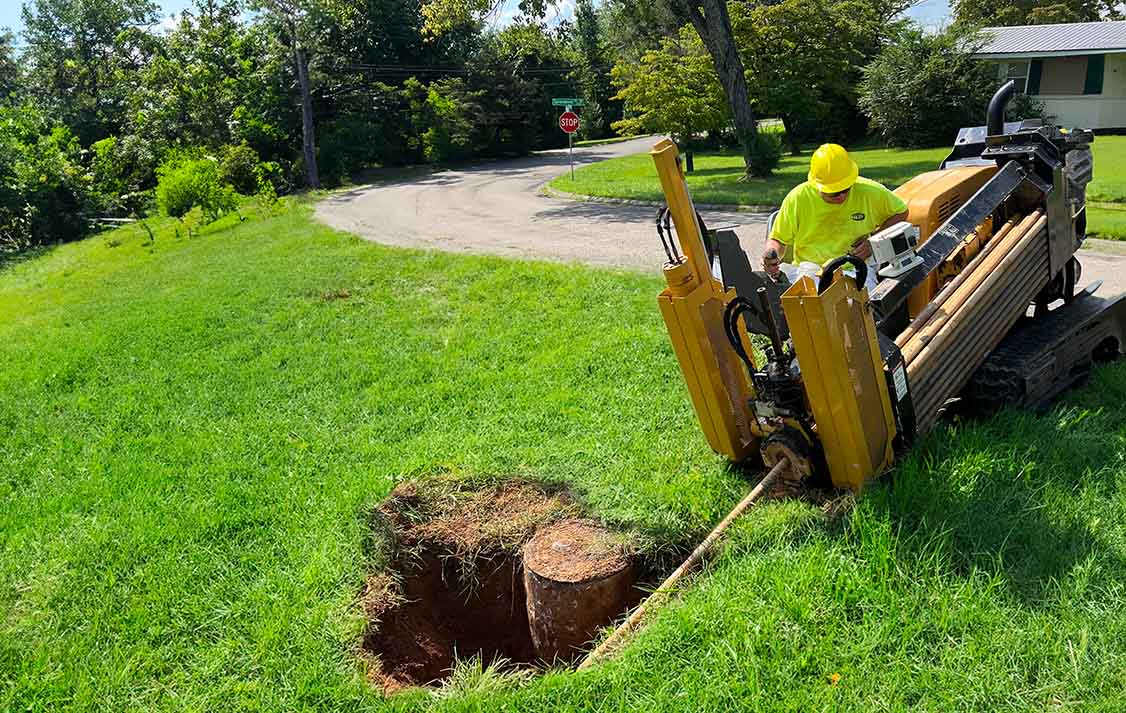

Unexpected Leaks
Your trusted partner for professional home services. Quality workmanship, guaranteed satisfaction.




- HEP
- Unexpected Leaks
Unexpected Leaks | Emergency Plumbing | Plumbing | Reliance
When a burst pipe turns your kitchen into a wading pool or a silent leak threatens the integrity of your walls, you don’t have time to scroll through options—you need fast, dependable help from local experts. HEP’s team in Reliance is on call day and night, ready to diagnose, repair, and restore with precision tools and friendly professionalism. From pin-hole copper ruptures to geyser-like breaks in aging PVC, we arrive stocked and prepared so the solution starts the moment we knock on your door.
Our emergency plumbing service combines decades of regional know-how with transparent pricing, tidy workmanship, and genuine courtesy. Whether it’s 2 p.m. or 2 a.m., you’ll get real humans answering the phone, licensed technicians en route, and lasting repairs that keep your home safe, dry, and worry-free. One call to HEP and the water stops flowing—except through the pipes it’s supposed to.
FAQs
What types of situations are considered an emergency plumbing leak?
Any scenario in which water is escaping uncontrollably and could damage your property or create safety hazards is an emergency. Typical examples include burst pipes, ruptured flexi-hoses under sinks, leaking hot-water cylinders, failed washing-machine hoses, and slab or wall leaks that are saturating floors or ceilings. If shutting off a fixture isolation valve does not stop the water—or if you can’t locate a shut-off—the leak is an emergency and requires immediate professional attention.
What should I do first when I discover an unexpected leak in my home or business?
1. Turn off the closest isolation valve or the main water shut-off to stop the flow. 2. Switch off electricity to any affected areas if water is near outlets or appliances. 3. Move valuables, electronics, and furniture away from the water path. 4. Capture photos or video for insurance purposes. 5. Call Reliance Emergency Plumbing on our 24/7 hotline. Provide your address, describe the leak, and mention whether water and power are already off so we can dispatch the right team and parts. 6. Mop up standing water with towels or a wet vacuum while you wait, but avoid climbing into ceiling spaces or cutting drywall—leave invasive work to our licensed plumbers.
How fast can your emergency plumbers arrive in Reliance and the surrounding suburbs?
We maintain fully stocked service vehicles across all Reliance suburbs so a qualified plumber is usually on site within 60 minutes of your call—often sooner during off-peak traffic hours. When you ring, our dispatch system immediately locates the nearest available technician and routes them via GPS. You’ll receive an SMS with the plumber’s name, photo, and live ETA so you can track arrival in real time.
Will emergency leak repairs cost more than standard plumbing appointments?
Emergency work does involve after-hours or priority service charges, but we keep pricing transparent. Our call-out fee covers travel, assessment, and the first 30 minutes of labour. After that, we bill in 15-minute increments plus parts and materials. You’ll receive a written, no-obligation quotation before any repairs begin—no hidden surprises. If permanent repair can’t be completed immediately (e.g., waiting on a specialty part), we’ll install a safe temporary fix at minimal cost until final work is completed.
Can you help with insurance claims and water-damage restoration once the leak is fixed?
Yes. Our plumbers provide detailed service reports, photos, and moisture readings to support your insurance claim. We can liaise directly with most major insurers in Reliance to expedite approvals. In addition, we partner with certified water-damage restoration companies for structural drying, mould prevention, and carpet or drywall replacement. If you choose, we can coordinate the entire restoration process so you deal with one point of contact from leak detection to final cleanup.
How can I reduce the chances of unexpected leaks in the future?
• Schedule an annual plumbing inspection: we pressure-test lines, check joints, and inspect flexi-hoses. • Replace rubber-lined flexi-hoses every 5–7 years with stainless-steel braided versions. • Install leak-detection sensors or smart shut-off valves that alert your phone and automatically isolate water during a burst. • Insulate exposed pipes before winter cold snaps to prevent freeze-related bursts. • Avoid chemical drain cleaners that can corrode pipes; use enzyme treatments or have drains professionally cleared. • Locate and label your main shut-off valve so every household member can turn water off quickly in an emergency.